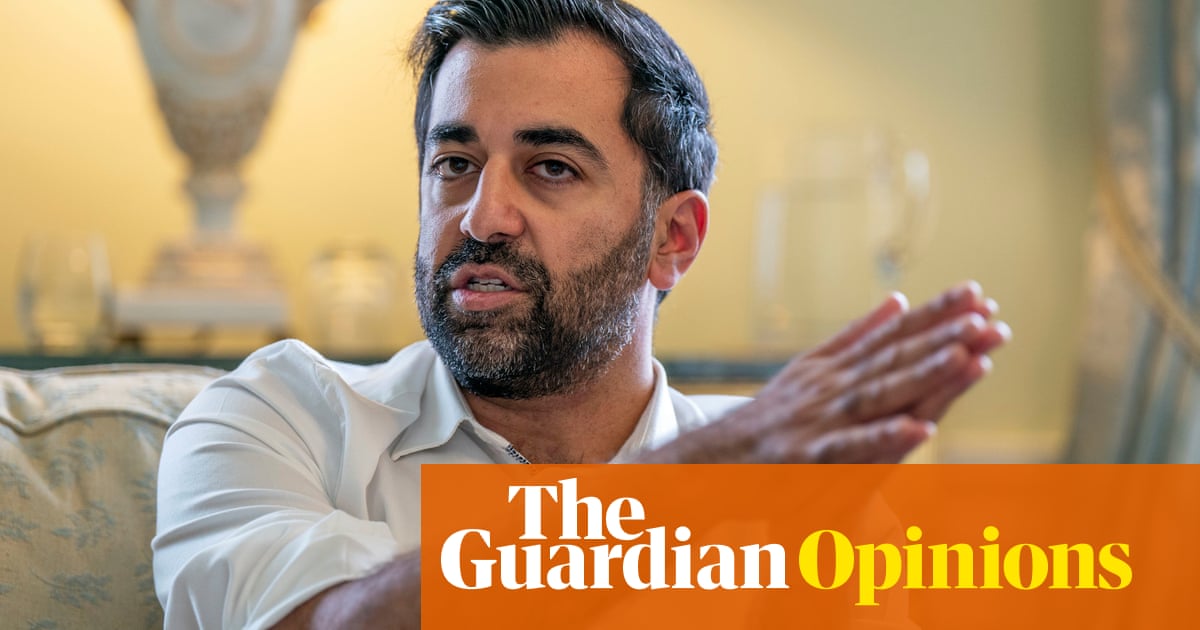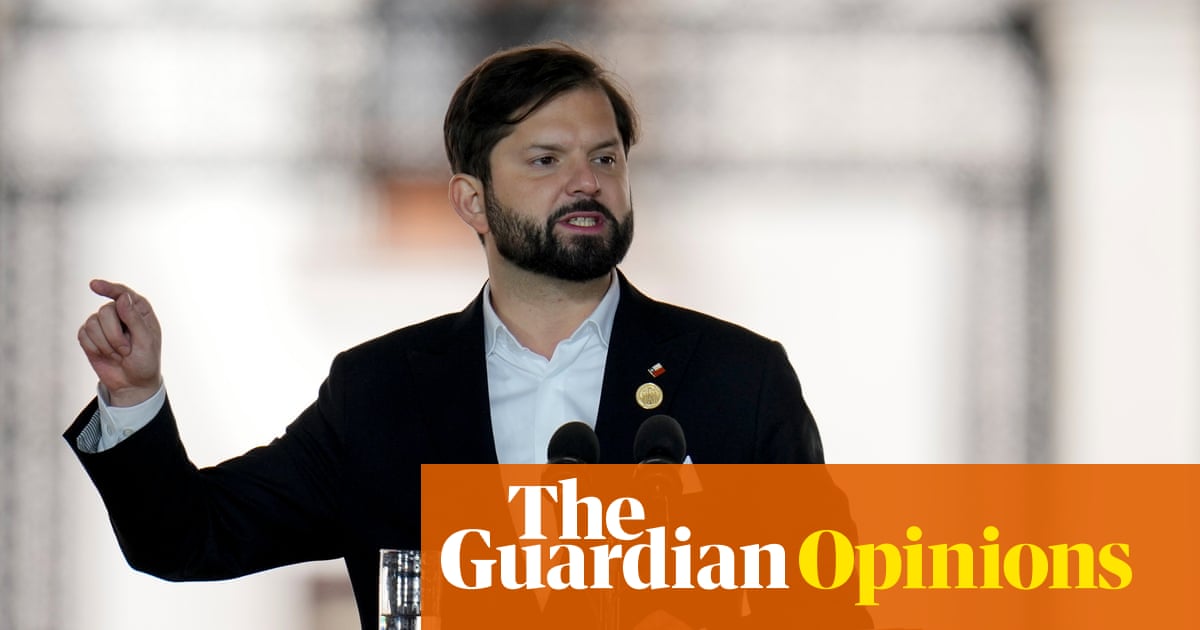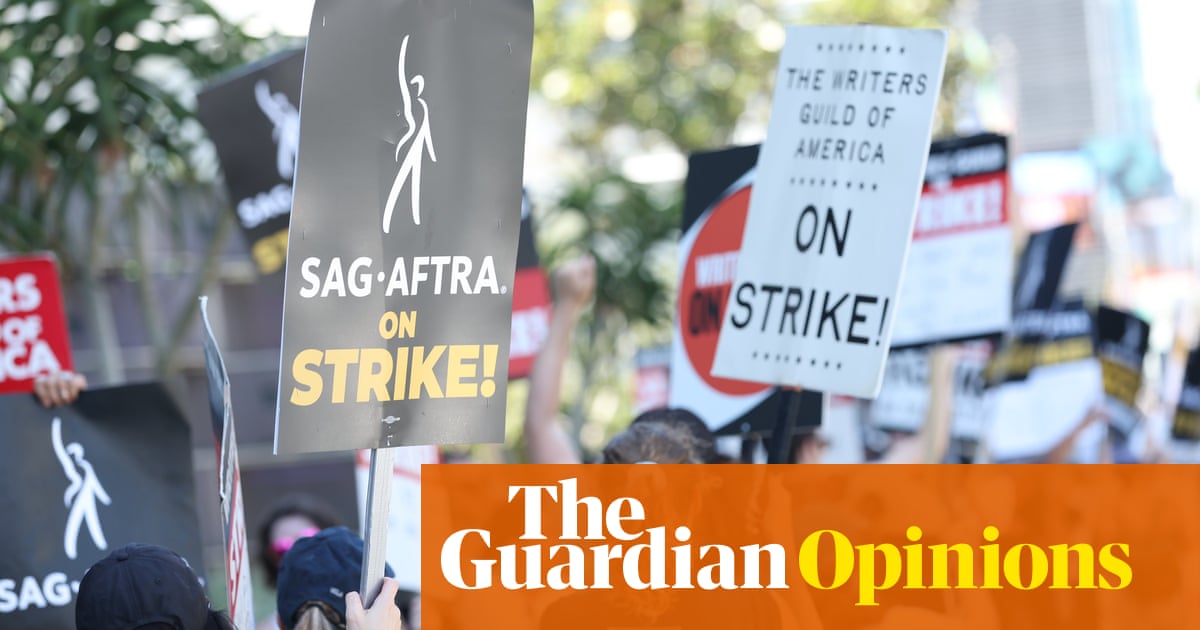
t the height of the second world war, when parliament had suffered bomb damage, MPs debated modernisation of the notoriously cramped Commons chamber as part of the restoration plan. Winston Churchill was against the idea, praising the “sense of intimacy” created by a throng of MPs. He thought a vibrant democracy needed “scenes and rows … better conducted at close quarters”.
Regardless of whether that is true in principle, close quarters spread disease and the coronavirus prevents MPs from assembling in their usual manner. But it does not diminish their role in holding government to account or representing constituents. In any equivalent national emergency MPs would be recalled from their Easter recess. Parliament is the paramount institution of British democracy, and its current invisibility compounds a sense of public unease made more acute when the prime minister is too ill to lead.
Dominic Raab is notionally filling in for Boris Johnson, but the foreign secretary has neither the personal mandate nor the constitutional authority to wield executive power. His prior political record is unremarkable. He fell at an early hurdle in last year’s Tory leadership contest, and his subsequent appointment to the Foreign Office was a tribute only to his ideological steadfastness as a hardline Brexit supporter.
It is feasible for such a stand-in to chair ministerial meetings and deputise when there is broad cabinet consensus, but that remit is narrow. There is no clarity on the expected duration of the current lockdown measures, which are due for review by the start of next week. Behind closed doors there is debate over the optimal balance between ongoing social restriction to contain the pandemic and the need to permit activity to stave off total economic collapse. Such questions should be aired in parliament.
There is also a new Labour leader whose sensible commitment to constructive engagement with government can best be fulfilled when the opposition frontbench is able to question ministerial counterparts. Rushi Sunak’s emergency bailout measures were rightly welcomed across the spectrum on launch, but their operation needs ongoing scrutiny. Flaws, gaps and unintended consequences will best be exposed and rectified when MPs can pass on the experience of their constituents. There are few more efficient ways to correct a government’s course than ministers hearing dissent from their own side of the house.
There is no simple way to replicate that mechanism without breaking the rules on social distancing, and the Commons authorities are already hard at work trying to develop one. Models of digital assembly, remote access, partial attendance and online voting are being discussed. Select committees have already taken video evidence. No one should doubt the determination of MPs and parliamentary staff to get the Commons up and running again, but the sticky residue of ancient convention makes progress slow. It is hard enough to change arcane procedures when the chamber is open. There is no precedent for doing it in a lockdown.
But the stuffy formality that many people associate with parliament belies a history of innovation and improvisation. And this is no time to be standing on ceremony. While Churchill might have had a point about close-quarters debate, the more pressing issue then, as now, was the continuity of democratic institutions through adversity. The current timetable has the Commons returning in some virtual form on 21 April. That is too long to wait. At a time of extraordinary national emergency, an urgent way must be found for parliament’s work to be done – and be seen to be done.












